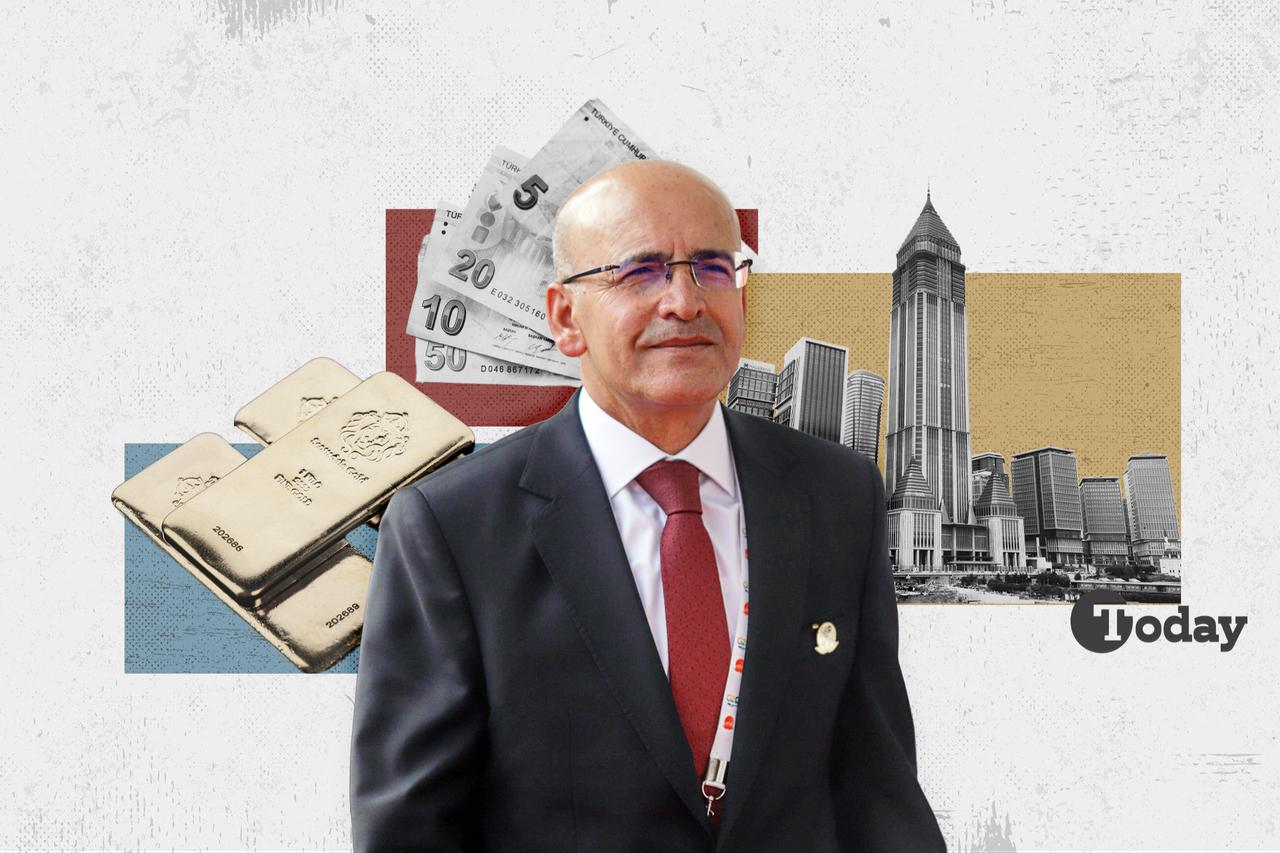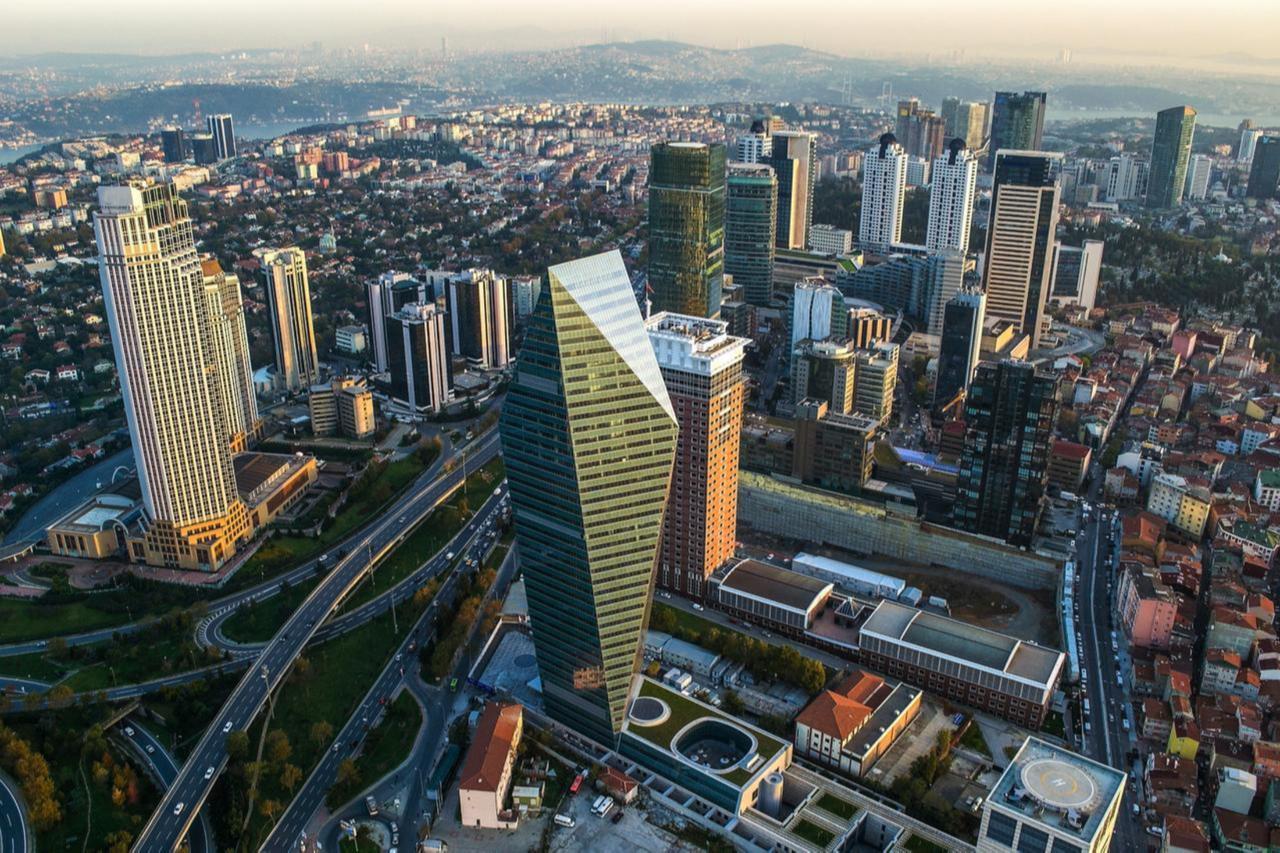
Türkiye’s economic downturn continues to weigh heavily on public sentiment. Although some indicators suggest a slight easing of pessimism since late 2023, the overwhelming majority of consumers remain skeptical about the country's economic trajectory. Treasury and Finance Minister Mehmet Simsek's economic policies remain unpopular as they are seen as taking longer to deliver results than initially promised.
By April 2025, seven out of 10 respondents believed the economy had deteriorated compared to the previous year. Only a small minority, around 10%, thought economic conditions had improved.
Yet when it comes to personal finances, Turkish households report a slightly more nuanced view. While 60% of respondents acknowledged their household economic situation had worsened, many also indicated feeling more in control of their personal budgets.
Particularly in metropolitan areas, where living costs are highest, households have been forced to adopt strict financial discipline. However, any early signs of recovery in consumer sentiment observed in 2024 appeared to stall by April 2025, underlining the fragility of this perceived financial control.
After months, even years, of enforced frugality, many Turkish consumers are now shifting toward “hedonic compensation,” what economists and scientists call a behavior that reflects a desire for emotional reward amid financial pressures.
Rather than continuing to suppress non-essential spending, consumers are increasingly indulging in leisure activities such as dining out, nightlife, and entertainment. This pattern of behavior suggests that after prolonged economic restraint, individuals seek brief moments of joy or escapism, even if that means compromising their savings goals.
Psychologists and market analysts alike interpret this shift as a defense mechanism against chronic economic stress.
For many, hedonic spending serves not only as a personal indulgence but also as a way to reclaim a sense of normalcy and personal agency in a turbulent environment. It reflects a consumer mindset caught between financial responsibility and the human need for relief from constant pressure.
The perception of inflation among Turkish consumers has continued to rise, while the real numbers are decreasing, according to the public statistics agency.
Economic pressures have also rekindled emigration plans among many Turks. The share of people considering moving abroad climbed from 20% in October 2023 to 27% by mid-2024.
Although this figure dipped slightly to 22% by April 2025, it remains a significant indicator of persistent dissatisfaction with economic prospects at home. This sustained interest in emigration highlights broader concerns over future stability, job opportunities, and personal security in an uncertain economic landscape.
However, not all migration considerations involve crossing national borders. Internal relocation—especially moving from expensive urban centers to more affordable towns—has become a prevalent strategy for coping with rising living costs. About one in five renters reported relocating due to rent increases, while roughly a quarter of respondents in metropolitan areas said they were contemplating a move to a less costly city.
These patterns suggest a growing trend of economic migration within Türkiye, driven by the search for a manageable cost of living.

One of the clearest consequences of ongoing economic challenges is the widespread adjustment of living standards. Between October 2023 and mid-2024, the proportion of people reporting a reduction in their living standards rose from 46% to 54%. Although this number eased slightly to 47% by April 2025, it still means nearly half of Turkish consumers have been forced to adapt their lifestyles to fit tighter budgets. This shift touches on various aspects of daily life, from reduced discretionary spending to more conservative approaches to household expenses.
The impact is particularly pronounced among middle-income and urban households, who face the dual burden of high fixed costs and shrinking disposable income. Consumers are increasingly opting for lower-cost alternatives or cutting back on activities such as dining out, entertainment, and even essential purchases.
This recalibration of living standards reflects a pragmatic response to economic conditions—one marked not by optimism, but by necessity and endurance.
As inflation bites deeper, Turkish consumers have scaled back spending even on essential goods. Reductions in internet, phone bills, and utility expenses also reflect this trend of cautious spending, with around a third of respondents reporting plans to cut costs in these areas.

Economic hardship has also reshaped social interaction patterns in Türkiye. While individuals continue to prioritize social connections, financial pressures have altered how and where these interactions occur. The share of people preferring home gatherings over outside socialization decreased from over 50% to 42%, indicating a slight but notable shift toward public social spaces despite budget constraints.
Similarly, while many reported reducing their vacation plans, the drop from 56% to 52% suggests some willingness to maintain leisure activities, albeit within tighter financial limits.
This social retreat reveals the desire to preserve a sense of normalcy and community even under financial strain. Consumers appear willing to make selective sacrifices, cutting back in some areas while maintaining or even increasing spending in others tied to emotional or social well-being.
Economic turmoil appears to be taking a toll on Türkiye’s social fabric. Only a quarter of survey respondents said they felt hopeful about the future or a sense of belonging to society.
A mere 17% felt safe in their environment, and just 16% believed people could generally trust one another. These figures highlight the stark erosion of social cohesion and mutual confidence.
The decline in social trust coincides with broader societal concerns, including justice and freedom of expression.
As financial hardships persist, these issues have begun to overtake economic anxieties as key points of public discourse.
The weakening sense of collective identity suggests that economic pressures are not just reshaping spending habits but also redefining societal norms and expectations.